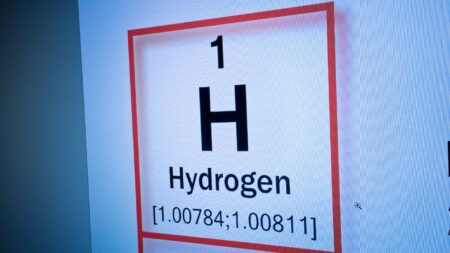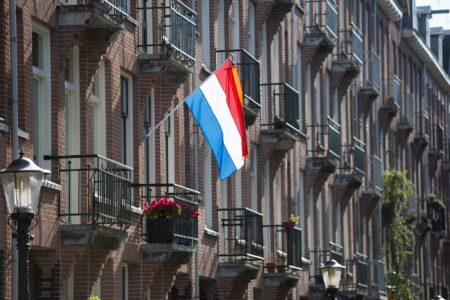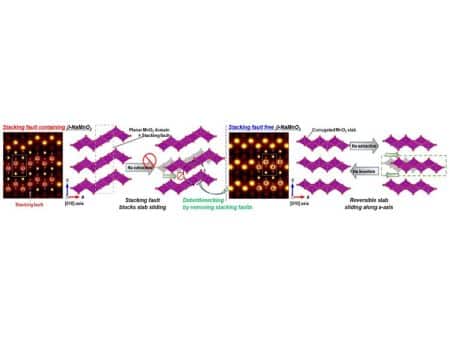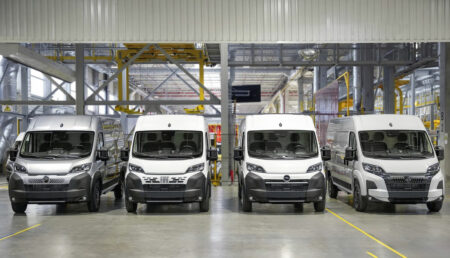In 2026, a new regulatory landscape awaits the Netherlands as it aligns with the EU Renewable Energy Directive III (RED III) by mandating that significant industrial hydrogen consumers incorporate renewable fuels of non-biological origin (RFNBOs) into their operations.
This legislation imposes a specific renewable integration percentage on industrial consumers exceeding a set annual hydrogen consumption threshold. Although the objective is clear, execution presents numerous hurdles, particularly stemming from infrastructural limitations, with the Dutch hydrogen grid’s full operation only expected by 2032—seven years post-legislation effect.
Central to these regulations is the renewable hydrogen booking registry. Here, hydrogen produced from renewable electricity sources is meticulously traced, with critical criteria such as the source of electricity, adherence to the additionality principle, and a mandated 70% reduction in greenhouse gas emissions compared to conventional hydrogen production methods. Certification hinges on the mass balance system; this ensures both production and consumption chains are scrupulously monitored, contrasting with the guarantees of origin model by necessitating physical supply chain coupling. As such, users cannot merely purchase renewable credits—their consumption must directly reflect renewable production.
The nation’s infrastructure, however, struggles to meet this rapid shift. Gasunie subsidiary HyNetwork Services announced construction delays, pushing network operability into the late 2020s. This delay complicates compliance for many consumers, lacking grid access to meet their obligations through direct hydrogen supply. To address this logistical shortfall, the Dutch government has proposed a temporary exemption within the legislation, effective until 2029 and subject to reassessment in 2028. This exemption enables industrial users without network connectivity to utilize administratively secured sustainability credentials, bypassing the need for direct hydrogen delivery verification.
Regulatory bodies like the Netherlands Emissions Authority (NEa) and the Netherlands Enterprise Agency (RVO) are tasked with meticulous oversight of this arrangement. Their role encompasses ensuring sustainability claims are legitimate, preserving system integrity, and averting potential misuse.
While this pragmatic exemption facilitates compliance amidst infrastructural development, it underscores the broader challenge of translating ambitious policy into tangible practice. As stakeholders anticipate the integration of the bill into law, scrutiny will intensify on how effectively these measures balance urgency with practicability in advancing the nation’s renewable hydrogen agenda.








